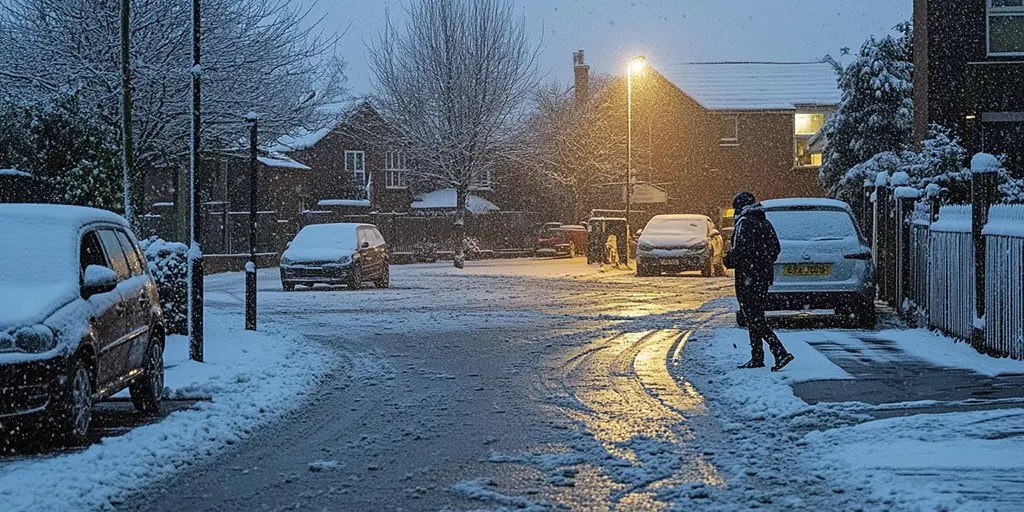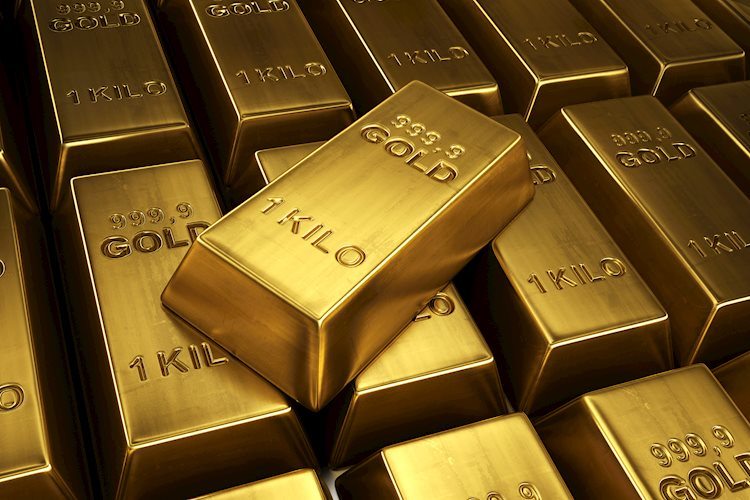Mines Ministry has asked the Geological Survey of India (GSI) to carry out “further exploration” to determine commercial feasibility of lithium resources in the Resai district of Jammu & Kashmir (J&K). Further studies on the nature of the resource have also been commissioned.
Additional areas are being explored and could be added to the existing block if enough reserves are found to make mining activities “commercially viable,” a senior Ministry official told businessline.
Most of the existing reserve is in ore form.
Previous attempts to auction 5.9 million tonnes to reserves at J&K – touted to be the first major lithium reserve find in the country – have not been successful. The bids across at least two auction attempts found no takers.
Lithium, often called white gold, is seen as one of the key minerals required for India’s shift to green energy and reduction in carbon footprint. It finds usage in energy storage solutions, batteries (lithium-ion), electric vehicles, mobile phones, among others.
New Areas Added
According to the official, new areas around the existing blocks of Salal–Haimana area of the Resai district are now being explored.
Moreover, the Ministry will come up with a “more detailed & comprehensive report” on the availability of lithium and their commercial prospects, including processing needs.
At present, the Ministry will look to prepare reports up to G2-levels where studies will mention the estimated deposits with moderate level of confidence. This is called general exploration stage.
Resai’s lithium blocks are mostly at a G3 stage (prospecting) which apparently is seen as a reason for the lesser than expected commercial interest during auctions.
In mining parlance, G4 stage is called reconnaissance, G3 stage is called prospecting, G2 stage is considered for mines fit for general exploration, while G1 stage is for mines where detailed exploration can be taken up.
“Feedback from the industry suggested that more detailed studies were required for the J&K lithium blocks. So the GSI has been asked to carry out more exploration activities there, add some more area to the existing block, check the commercial viability nature of reserve and so on. Once the report come in – probably in the next month or so, and if these are seen to be commercially viable still, the Ministry will be taking a call on the nature of licence – composite or otherwise, auction and other issues,” the official in the know said.
The processing and refining methods for lithium ore can vary depending on the type of lithium deposit, the characteristics of the ore, and the intended end-use of the lithium compounds. Successful experimentation has been done for extraction of lithium from mineral concentrate in laboratory scale.
Import Dependence
India is completely dependent on it imports for its lithium requirements.
As per consultancy firm, CareEdge Ratings, In FY24, India had a demand for 15 GWh of Li-ion battery storage largely from EVs and consumer electronics. This demand is expected to reach 54 GWh by FY27 and 127 GWh by FY30.
The Ministry is also working on a National Critical Minerals Mission – that will cover aspects of mineral block acquisitions overseas, G2G support mechanism for private players looking at acquisitions overseas, securing supplies of these critical minerals, funding mechanism if necessary, processing capacities of these minerals – in India and overseas, among others.








Leave a Comment